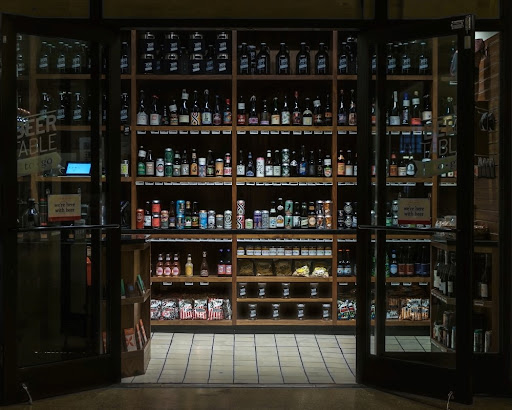
Setting up a store can be tricky – from stock to staffing, starting out in a physical location can be difficult. However, it can also be an incredibly rewarding experience – no matter the size of your business.
Let’s explore some of the key considerations you should make when opening your new store.
Will you have adequate stock to meet demand?
First and foremost – stock levels are critical. When starting a physical store, it’s essential that you have stock in place to meet demand, no matter if you’re a wholesale sock distributor or a mini cupcake kitchen.
Having adequate stock to meet demand is critical in today’s high-volume environment. After all, there’s not much point in opening a new store if you can’t fill it with stock first!
Where will the store be located?
This is important – after all, you don’t want to build a snow equipment store on the beach. Selecting an appropriate location for your physical location can be a great way of meeting customer needs.
Elements that should be considered include frontage, potential foot traffic, and exposure to weather conditions. While different businesses have different priorities, being able to locate your store in the most appropriate area will give it the greatest chance of success in the long term.
What sort of physical location do you want?
Something that prospective business owners fail to consider is that sometimes, you don’t necessarily need a massive storefront with display windows. For example, if you’re a bakery, you may prefer to have a large area for preparing goods.
Alternatively, if you’re a business that offers certain seasonal products, such as winter equipment or Christmas trees, you may need specialized facilities to meet your needs. Ultimately, what you decide will, in part, define if customers walk into your shop.
Do you have a suitable storage area for your product?
So you’ve got the stock. Now, you have to store the stock – and what better of a spot to do that than your own storeroom?
No matter the business, having adequate and appropriate space for backend staff is important. For foodstuffs, that may necessitate refrigeration/freezer capacity. For less temperature-sensitive retail, a secure lockup may be required.
It’s vital that staff facilities are not overlooked as well, for example, the inclusion of staff bathrooms and break facilities. After all, your team is human, not robots.
How will you address accessibility?
An important consideration that should be made in modern stores is the approach to accessibility, particularly for customers that have additional service requirements.
As an example, this could include anything from having railing and ramps for customers with low mobility to Braille messaging on panels to assist vision-impaired customers.
Be sure to check out local regulations on the specific accessibility requirements for your jurisdiction. These can provide helpful information on what’s required and what is considered best practice for where you operate.
Building strong, positive relationships across a variety of needs is a fantastic way to grow your customer base and to outreach to as many potential clients as possible. Who knows, perhaps you’ll learn something new along the way.
Do you have adequate technical support?
Something that is often overlooked by shopfront owners is the technology infrastructure required. For example, you may offer a Free Wi-Fi space for customers, self-serve point of sale (POS) systems, or even connect to delivery service providers.
These needs will differ from business to business, but it’s critical that companies consider as much of their technology stack as possible. After all, with the vast majority of transactions now conducted with cards rather than cash, is it any wonder almost all shopfronts now have EFTPOS terminals?
What potential pitfalls could your business face?
Last but not least, being mindful of the potential issues that your business could face has the potential to both minimize their impacts and maximize the chances for success for your business.
For example, by purchasing insurance to safeguard against the risk of fire damage, a bakery can protect its operations against the risk of a faulty oven. Flood insurance may assist when a business is in a community that is prone to flood damage or dangerous weather systems.
Being able to prepare for as many situations as possible is a great way to protect against potentially devastating events.
Interesting Related Article: “How To Maintain and Improve Retail Sales”

